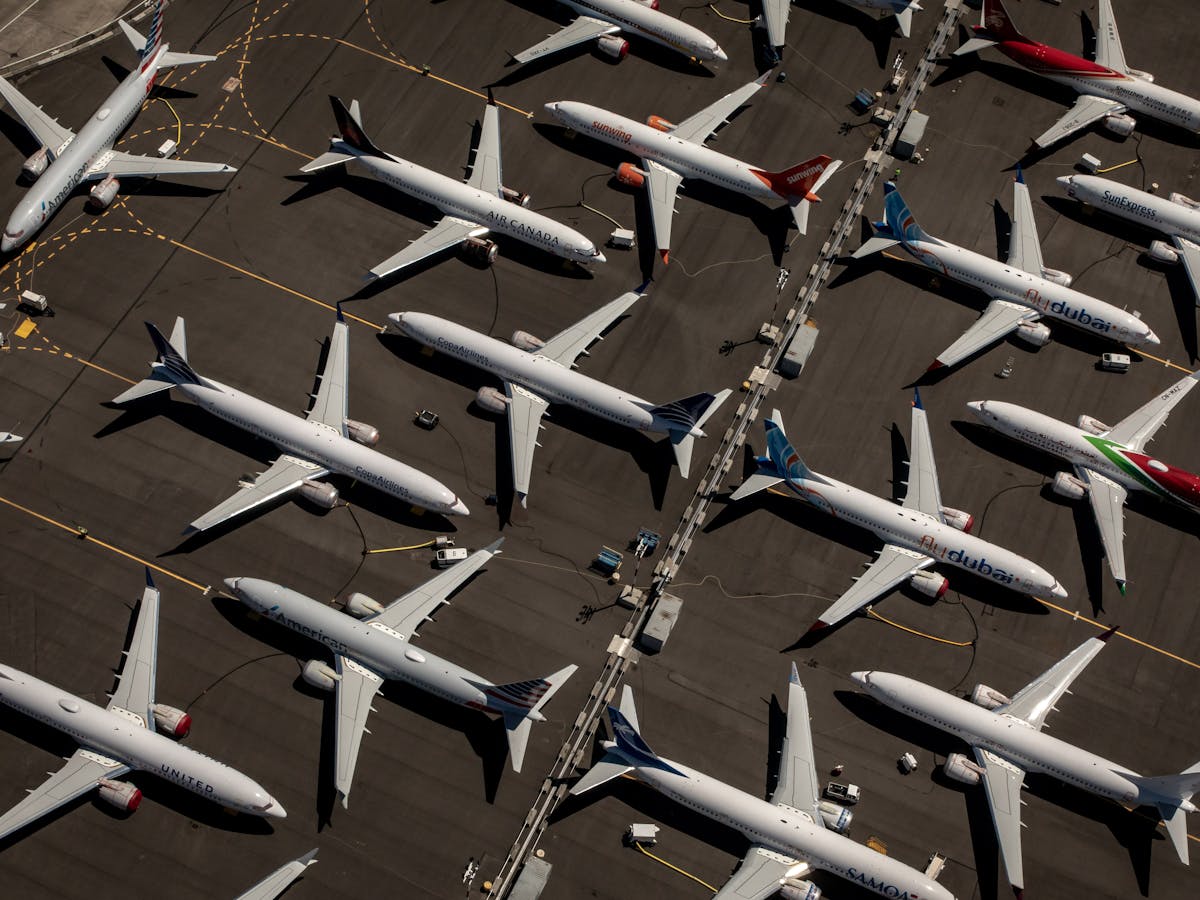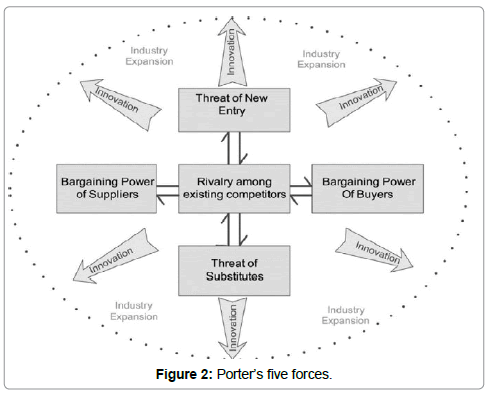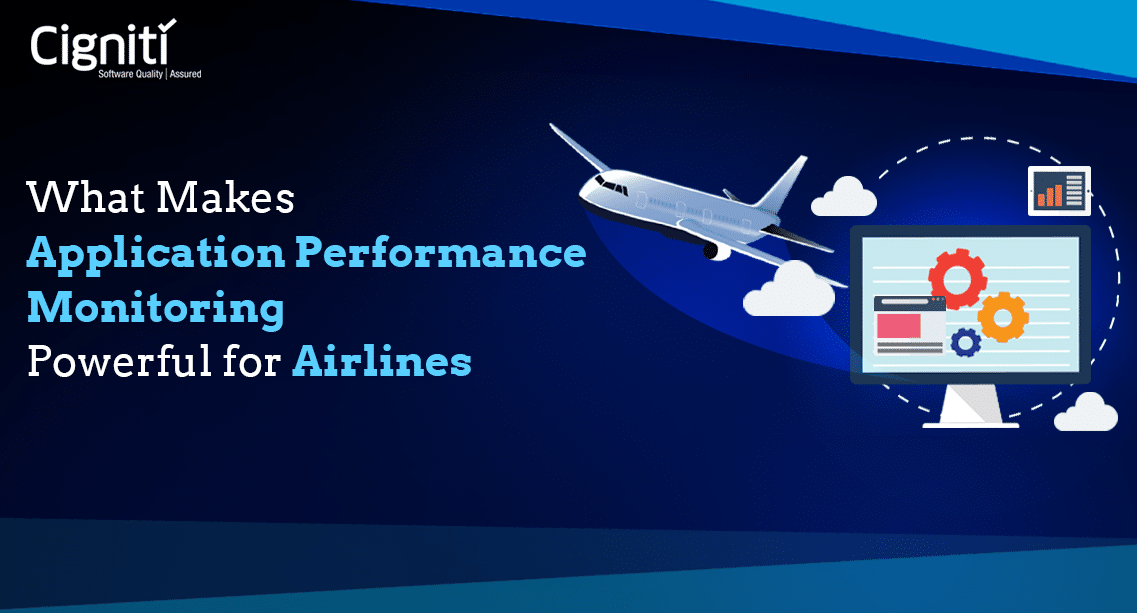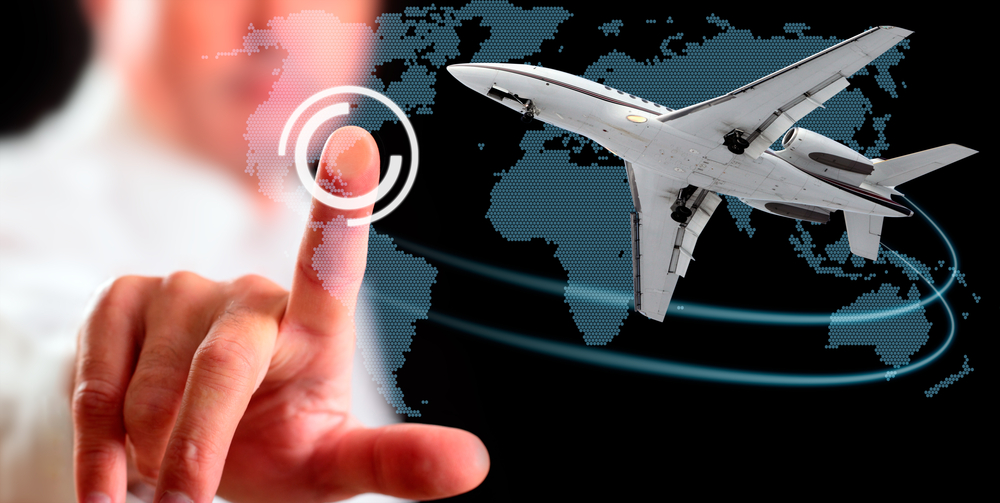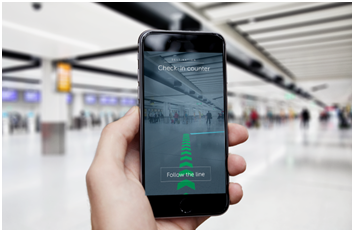The airline industry has always been at the forefront of adopting new technologies to improve efficiency and enhance the customer experience. Information technology plays a crucial role in every aspect of the airline industry, from ticket booking and reservations to flight operations and maintenance.
One of the most significant impacts of information technology on the airline industry has been the ability to automate and streamline the booking and reservation process. With the advent of online ticket booking platforms and mobile apps, travelers can easily search for and book flights, select their seats, and even check in online. This not only saves time for the passengers but also reduces the workload of airline staff, allowing them to focus on other tasks such as customer service.
Information technology has also enabled the airline industry to improve the accuracy and efficiency of flight operations. Modern aircraft are equipped with advanced avionics systems that use sensors, GPS, and other technologies to provide pilots with real-time information about the aircraft's position, altitude, speed, and other critical parameters. This helps pilots to navigate more safely and efficiently, reducing fuel consumption and emissions.
In addition to improving flight operations, information technology has also transformed the way airlines maintain and repair their aircraft. Many airlines now use computerized maintenance management systems to track the maintenance and repair history of their aircraft, enabling them to identify potential issues and schedule maintenance before they become major problems. This not only helps to improve safety but also reduces downtime and costs for the airline.
Another way in which information technology has benefited the airline industry is through the use of data analytics. By collecting and analyzing data from various sources, airlines can better understand the preferences and behavior of their customers, allowing them to tailor their services and products to meet their needs. For example, an airline might use data analytics to identify routes that are in high demand, enabling them to adjust their schedules and pricing accordingly.
Overall, information technology has had a significant impact on the airline industry, enabling airlines to operate more efficiently, safely, and effectively. As technology continues to evolve, it is likely that the role of IT in the airline industry will only grow, providing even more benefits to both airlines and their customers.

